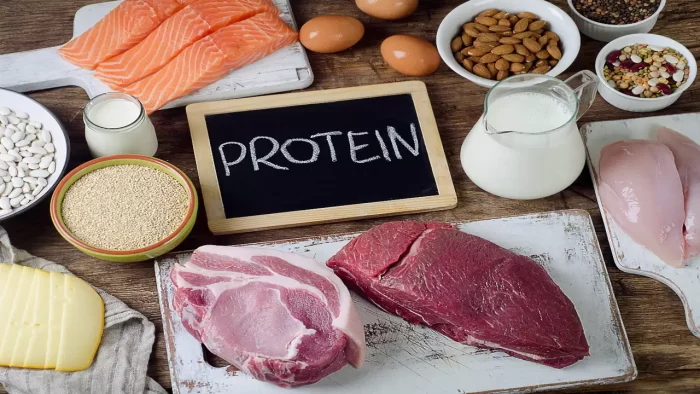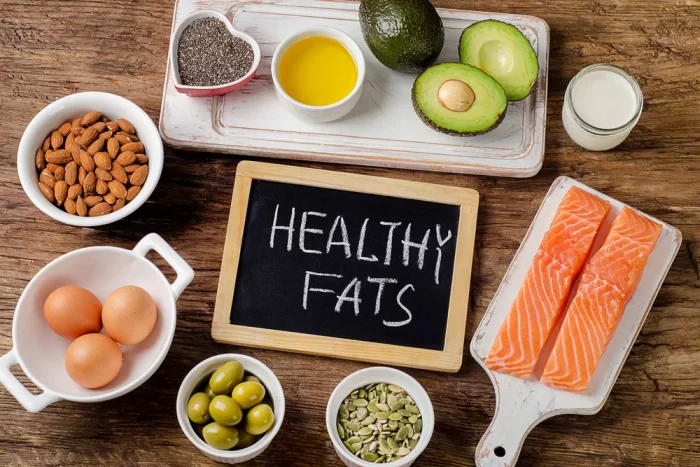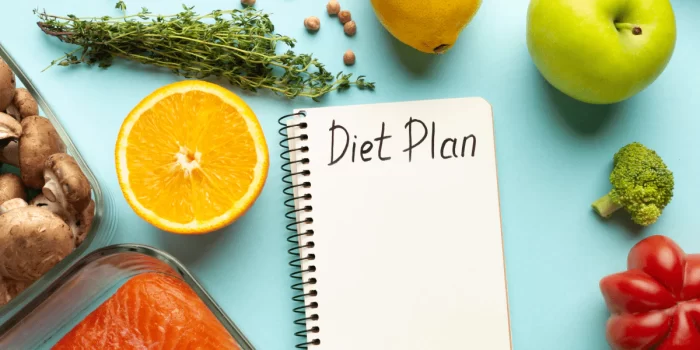Cricket is a sport that requires high levels of fitness, endurance, and optimal nutrition to perform at your best. What cricketers eat can have a significant impact on energy levels, strength, speed, and recovery during training and matches. In this article we talk about Cricket and Nutrition-What to Eat for Optimal Performance.
Table of Contents
Carbohydrates – The Primary Fuel

Carbohydrates are the most important nutrient for cricket players. Consuming adequate carbs provides the main fuel to power training, matches and recovery. As a general guide, cricketers should aim for 5-8 grams of carbohydrate per kg of body weight per day from nutrient-dense sources. Complex carbs from whole grains, fruits, vegetables and legumes are ideal.
Good carb sources before matches and intense training include porridge oats, whole grain bread/toast, banana pancakes with Greek yogurt and baked sweet potatoes. During long matches or 2-day games, carb intake should be front-loaded and consumed at regular intervals (every 20-30 mins) in the form of sports drinks, energy gels/bars and fruits like bananas.
After matches and training, the focus should shift to higher glycemic index carbs to rapidly replenish muscle glycogen like white rice, white potato, sweet potato and fruits.
Protein – For Muscle Building and Repair

Cricket involves lots of running between wickets and bowling, which breaks down muscle. Consuming adequate protein after exercise is vital for optimal muscle repair, gains and adaptation to training. Shoot for 1.2-2 grams of protein per kg of body weight daily from foods like eggs, Greek yogurt, cottage cheese, legumes, fish and lean meats.
Some great high protein meal options post-workout include grilled chicken wraps with veggies, salmon and sweet potato, tofu veggie stir fry with brown rice and Greek yogurt berry parfaits. Spreading out protein evenly across the day provides a continual supply of amino acids to enhance recovery.
Healthy Fats – For Energy, Hormones and Absorption of Fat-Soluble Vitamins

While excess body fat hinders performance, healthy fats play a key role in energy production, muscle building, injury prevention and optimizing the absorption of fat-soluble vitamins.Aim for 0.5–1 gram of fat per kg of bodyweight daily from foods like nuts, seeds, olive oil, fatty fish and avocado.
Some examples of nutritious high fat meals are a spinach omelette with avocado, wild salmon over quinoa with walnuts and olive oil dressing or grass-fed beef chili with black beans.
Hydration – Vital for Thermoregulation and Performance

Dehydration can severely hinder all aspects of cricket performance – particularly bowling accuracy and endurance. Cricketers lose considerable water and electrolytes through sweat. Aim to drink about 500-1000ml per hour of training and matches depending on sweat rate, temperature and humidity.
Sodium is a key electrolyte lost in sweat that must be adequately replaced, especially in hot climates. Sources like sports drinks, broths, coconut water, milk and fruits like watermelon can effectively restore fluid balance. It’s also wise to weigh yourself before and after sessions to monitor water loss and rehydration strategies.
Micronutrients – For Optimal Energy Production, Bone Health and Immunity

Micronutrients like vitamins and minerals facilitate hundreds of vital biological processes to support health and performance. Iron enables oxygen transport, zinc boosts immunity, magnesium aids muscle function and calcium promotes bone strength. Strive to meet the RDI for all micronutrients daily through a diet rich in colorful fruits, vegetables, lean meats, legumes, nuts/seeds and whole grains.
If exposure to heat, travel or intense training creates micronutrient deficits, supplements like a multivitamin-mineral, vitamin D, iron, calcium or zinc may also be warranted under professional guidance.
Antioxidants – For Reducing Oxidative Stress and Muscle Soreness

The large volumes of training in cricket elevate free radical production and inflammation, impairing recovery. Consuming antioxidant-rich foods helps mitigate this oxidative stress and muscle damage, accelerating return to peak performance.
Great antioxidant and anti-inflammatory food sources include berries, cherries, dark chocolate, turmeric, ginger, green tea and a wide array of colorful fruits, veggies, herbs and spices. Consider an antioxidant supplement like vitamin C or tart cherry juice if muscle soreness persists despite dietary measures.
Achieving the Cricket Diet Balance
Recovering properly around training while meeting unique nutrient needs is paramount. Work with a sports dietitian to formulate an individualized daily diet and perfectly timed fueling strategies for before, during and after sessions. This tailored nutritional approach will help achieve the ideal body composition and dietary balance to excel on the pitch.
The dietary recommendations in this article serve as a general evidence-based guide for cricketers. However, each player has unique nutritional requirements depending on body composition, position, training load and match schedules. Fine-tuning your cricket nutrition plan is key to performing at your best.
Conclusion
Optimizing nutrition can make the difference between good and great performances in cricket. Consuming the right balance of quality carbohydrates, protein, healthy fats and micronutrients at strategic times enables cricketers to train harder, recover faster, prevent injuries and elevate skill execution. Partnering with a qualified sports dietitian provides the framework to tailor dietary strategies to your individual needs for success on the field. I sincerely hope you find this “Cricket and Nutrition-What to Eat for Optimal Performance” article helpful.

John Smith is the lead cricket analyst and writer for CricDen.net. With over 10 years of experience in sports journalism and a Master’s degree in Sports Science, John brings a wealth of knowledge and expertise to his insightful cricket analyses and match predictions. His passion for cricket and commitment to providing accurate, timely information make him a trusted voice in the cricket community. Follow John and CricDen for the latest cricket updates, expert opinions, and in-depth coverage on Instagram @cricden and Facebook @cricden.
